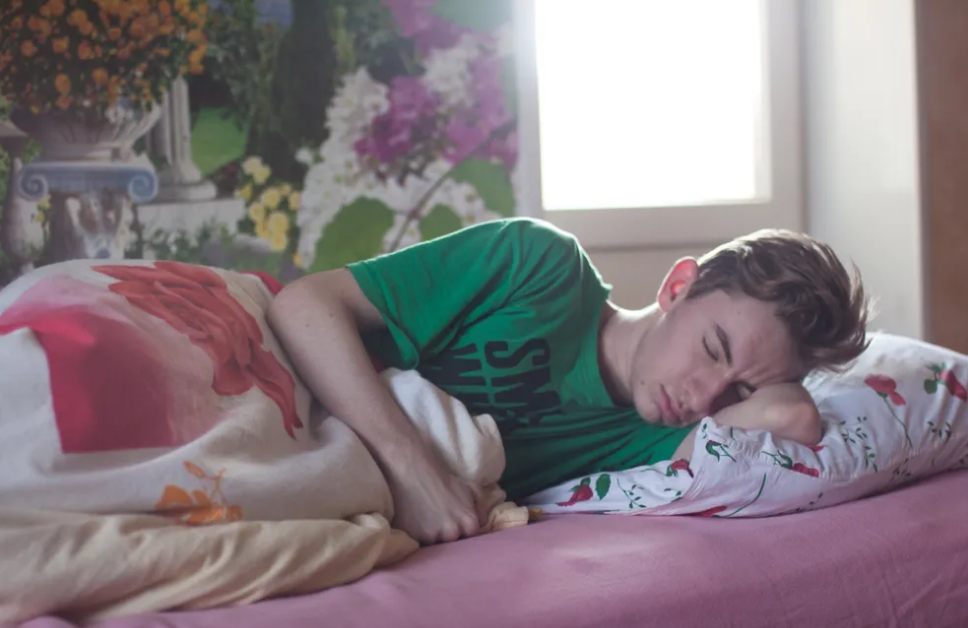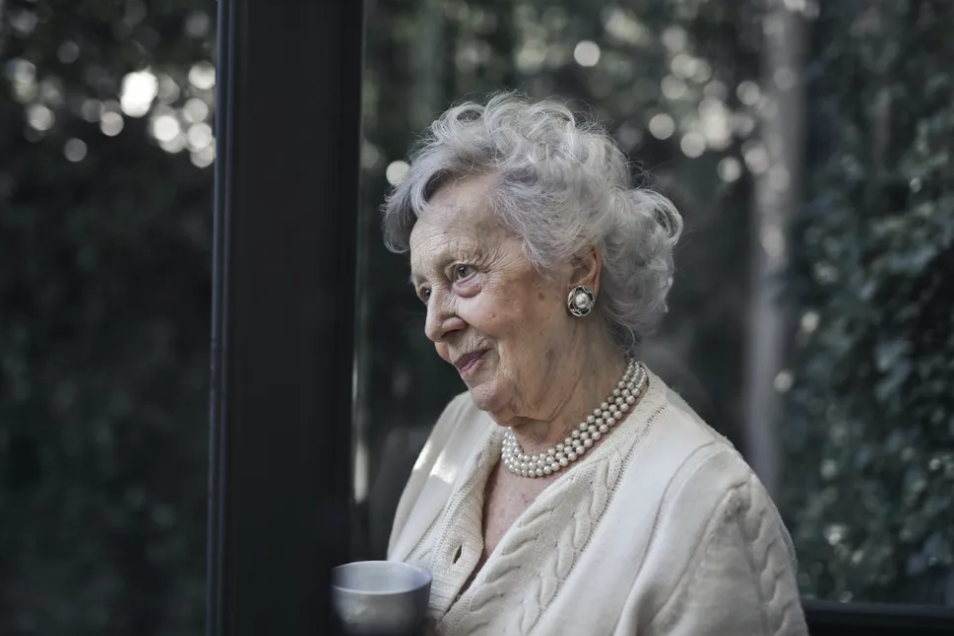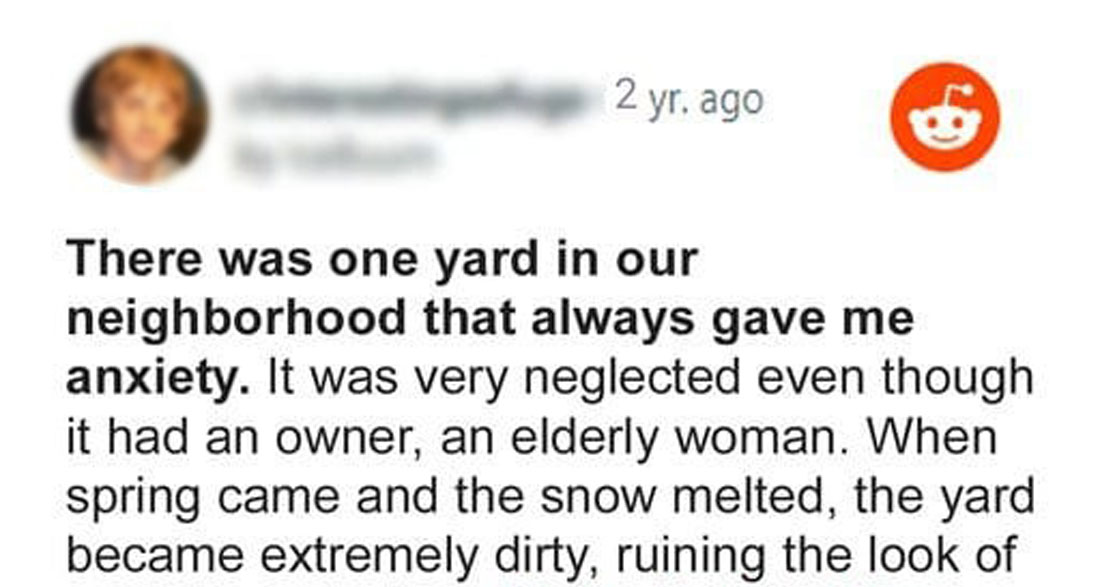The Overgrown Yard and the Lesson I’ll Never Forget
“Did you hear? The elderly woman who owns that overgrown yard passed away last night.”
The words stopped me in my tracks. My stomach churned, and my heart felt heavy. For so long, I’d assumed the mess in that yard was because she couldn’t take care of it. But now, hearing she had passed away, regret washed over me like a cold wave.
The woman who lived in that house had always been a quiet figure in our close-knit neighborhood. Everyone knew of her, though few really knew her well. Her yard stood out—for all the wrong reasons. The grass grew wild, weeds choked the flowerbeds, and old branches littered the ground.

It was an eyesore, especially on a street where everyone took pride in their homes. The first signs of spring only made it worse as the melting snow revealed even more of the clutter underneath. Each time I walked by, I felt a knot of frustration.
One day, I’d had enough. “This neighborhood deserves better,” I muttered to myself as I stared at the messy yard from my window. With that thought, I grabbed my gardening gloves, a rake, a shovel, and some other tools.
I spent hours out there—pulling weeds, raking up debris, and mowing the grass. The sweat on my brow and the ache in my back didn’t bother me. I was proud of what I was doing. Sure, people walking by gave me funny looks, but I ignored them.
“I’m doing something good,” I thought. “I’m helping.”
But life has a way of humbling you when you least expect it.
The next Saturday morning, I woke up to the sound of voices outside. When I looked out the window, I froze. A crowd of neighbors had gathered in front of my house. Something serious must’ve happened. I threw on clothes and rushed outside, my mind racing with possibilities.
As soon as I stepped out, the murmurs stopped. It was like all eyes were drilling into me. Before I could ask what was going on, a woman from the group spoke up. Her tone was sharp, but there was also a hint of concern.
“Do you know that the elderly woman who owned that neglected yard passed away last night?”
Her words felt like a slap. My stomach dropped. That yard—the one I’d worked so hard to clean—was hers. And she was gone.
“I… I didn’t know,” I stammered, my voice trembling. “I thought I was helping.”
The woman’s face softened as she saw my expression. “We understand,” she said gently. “You meant well. But sometimes, it’s better to ask first. You didn’t know what she might have been going through.”
I nodded, feeling shame rise in my chest. I hadn’t stopped to think about why her yard was neglected or what her life might have been like. I’d only seen the mess and rushed to fix it without understanding the bigger picture.
As the crowd began to disperse, a few neighbors gave me small, sympathetic smiles. Others said nothing. I stood there, feeling the weight of what I’d learned that day.

Good intentions aren’t enough. They need to be paired with thoughtfulness and care for the people around us.
Later that day, I stood in front of her yard—the one I’d cleaned so eagerly—and felt a new sense of humility. The work I’d done might have been practical, but I hadn’t truly helped. Instead, I’d missed a chance to connect with someone who might have needed kindness far more than a tidy lawn.
From that day on, I promised myself to approach situations with more empathy. It’s not just about fixing what’s broken or making things look better. It’s about understanding people’s stories and respecting their lives.
Looking back, I hope my efforts, however misguided, showed at least a small gesture of care for the woman who lived there. And I’ll never forget the lesson she unknowingly taught me.
What do you think of this story? Have you ever learned a lesson from a situation where your good intentions didn’t go as planned? Share your thoughts—I’d love to hear them!

